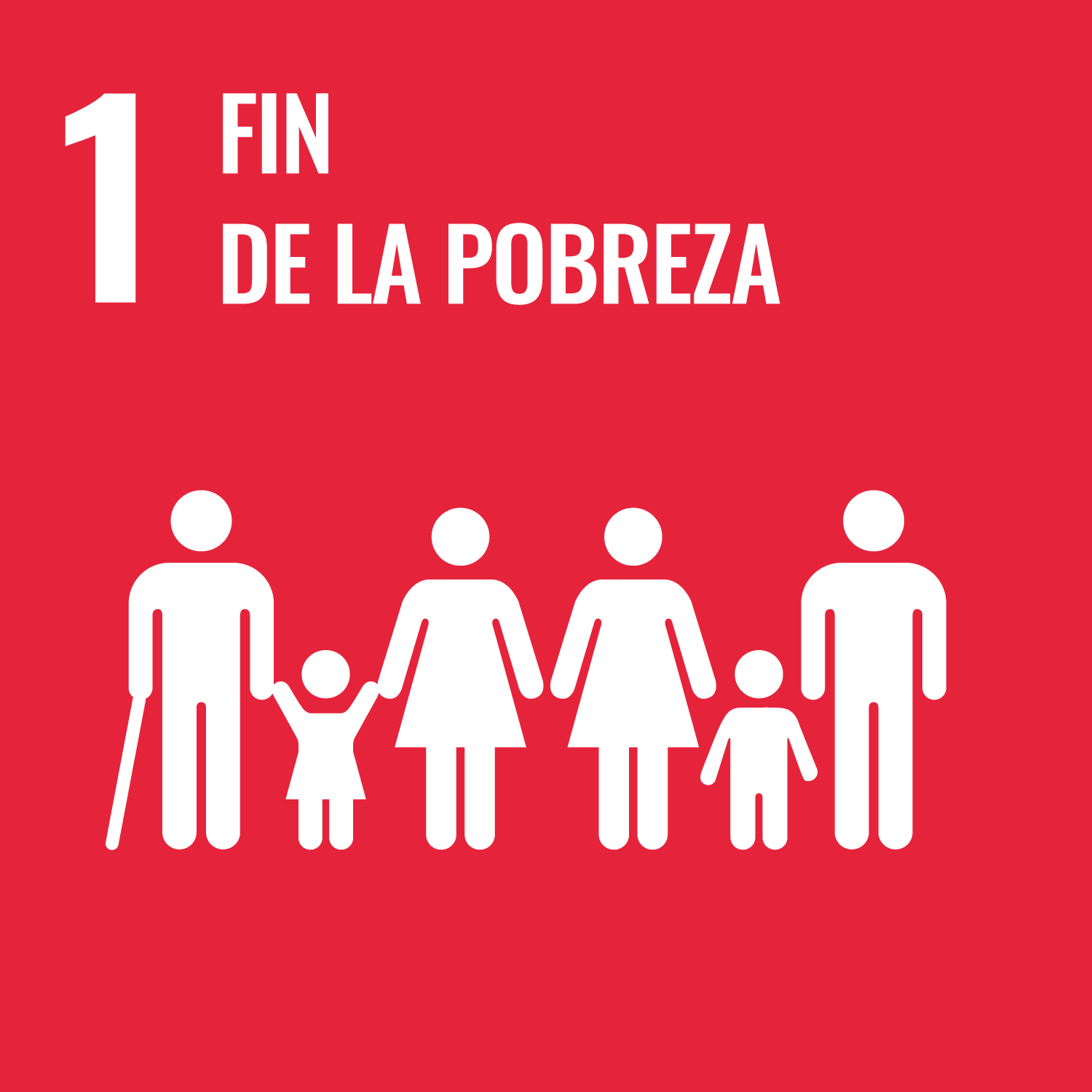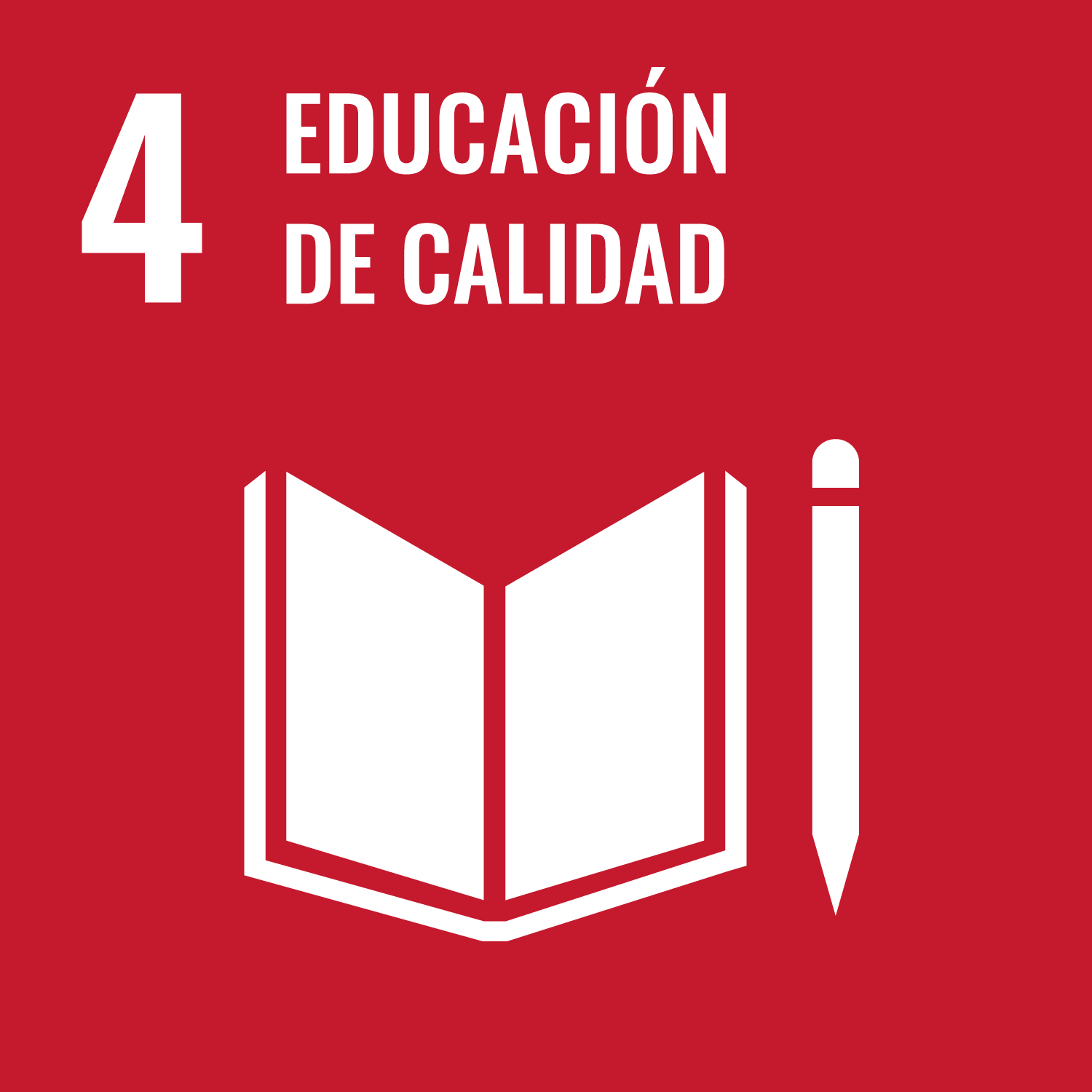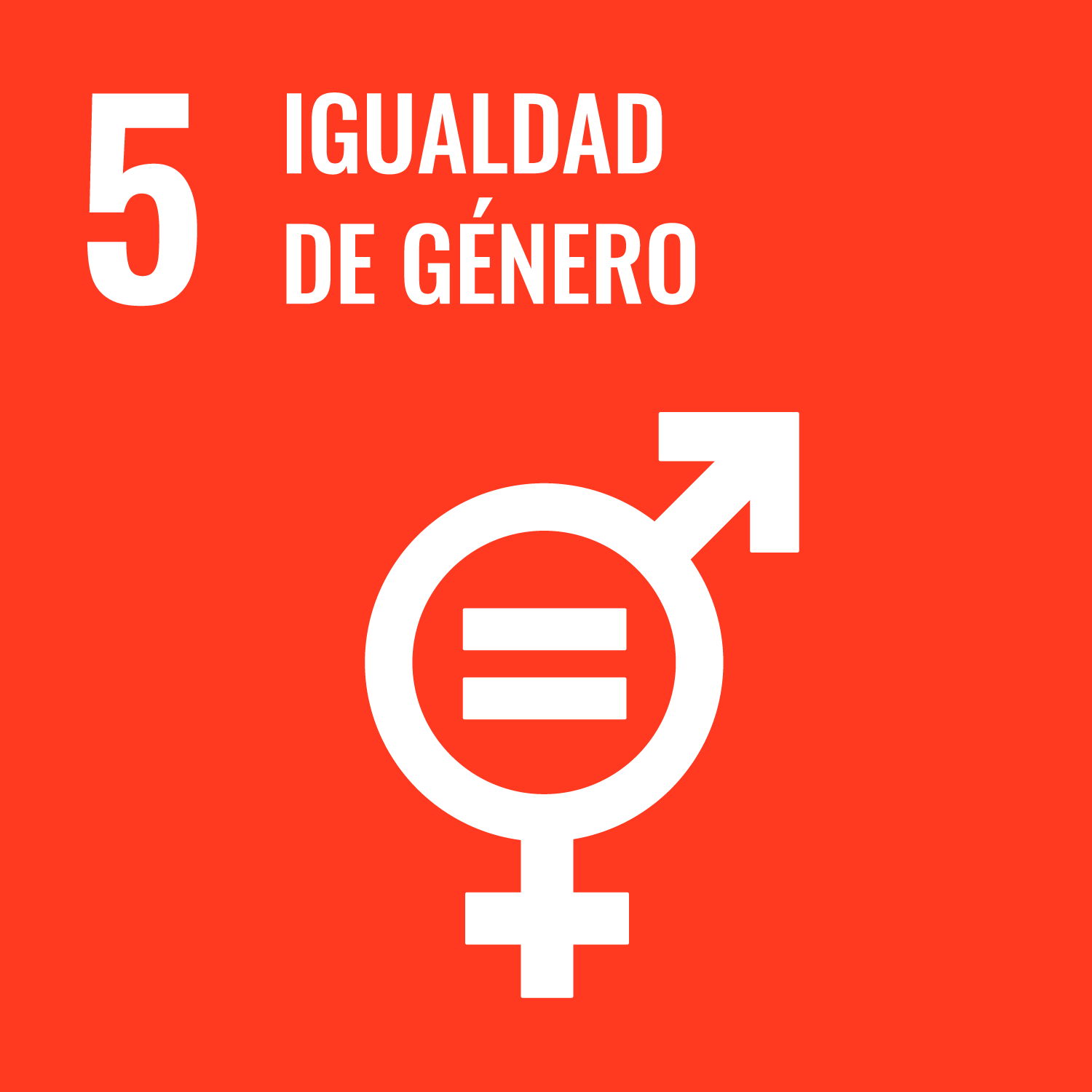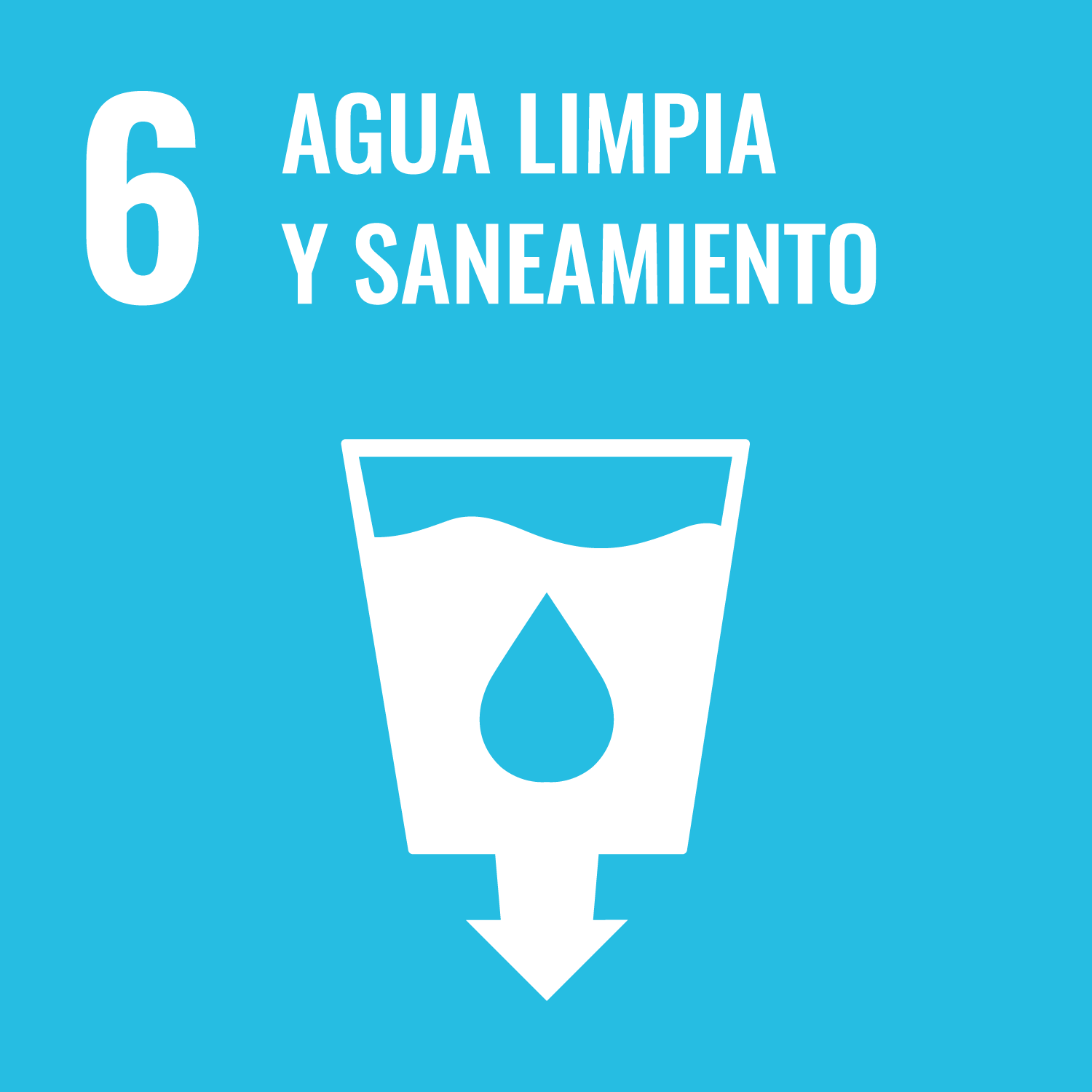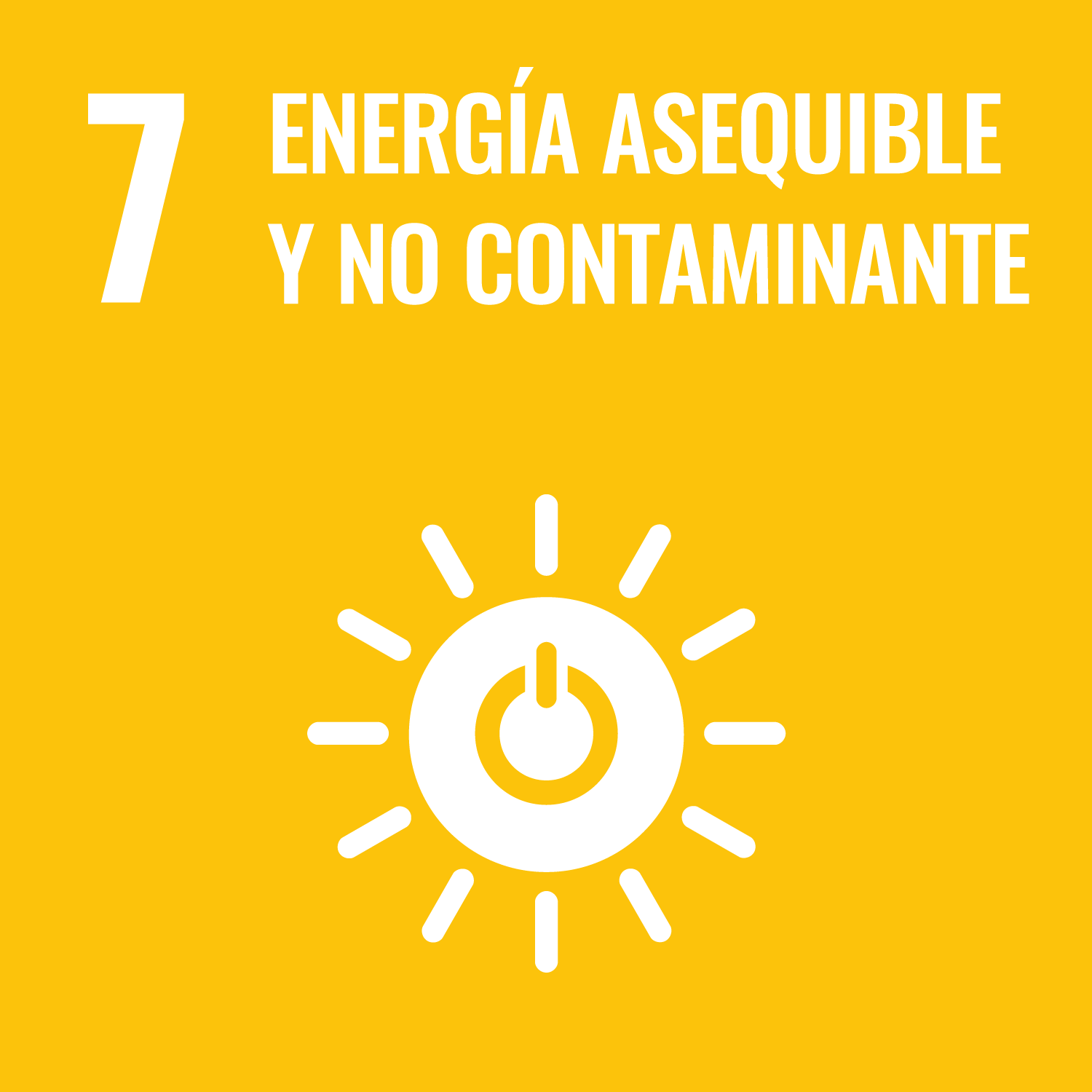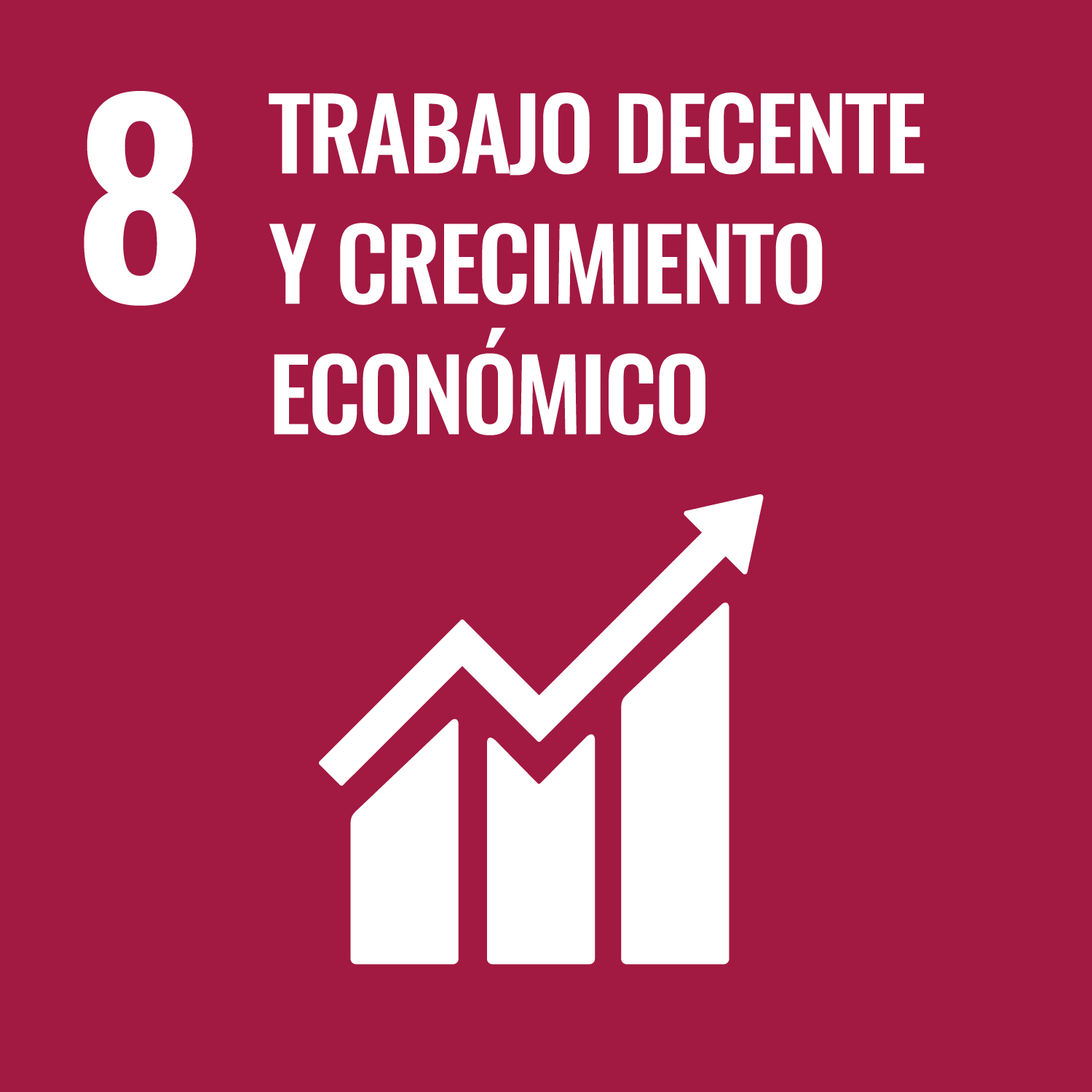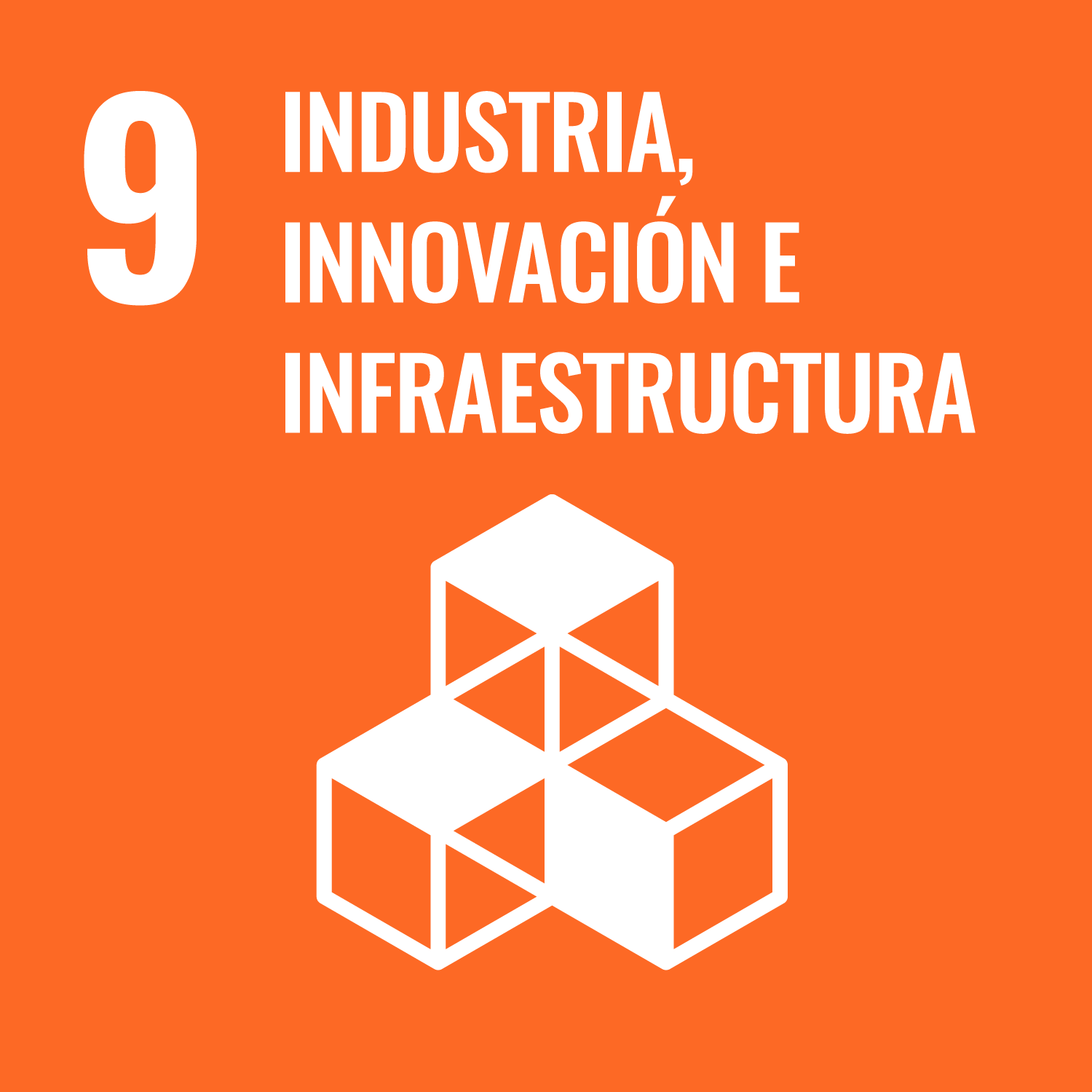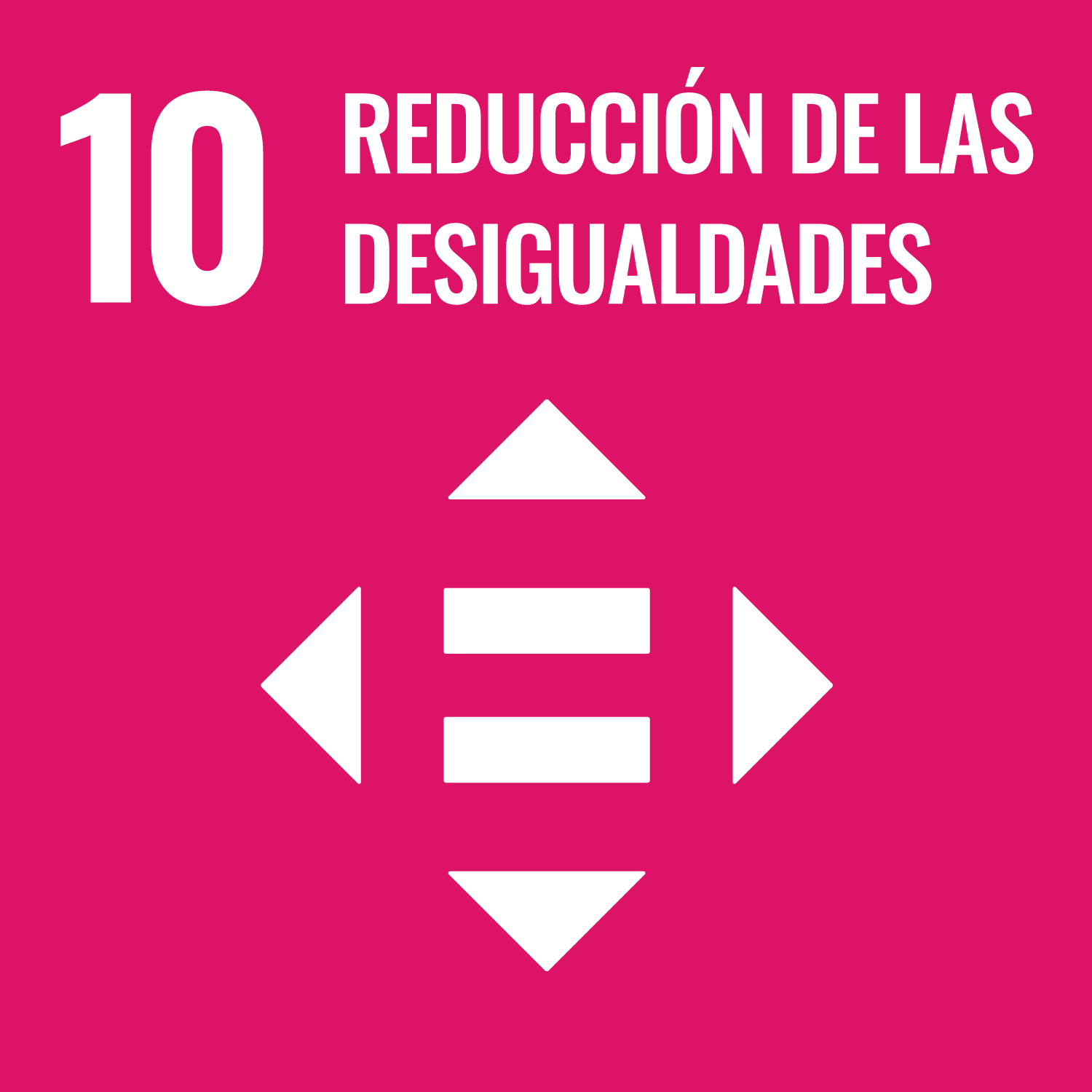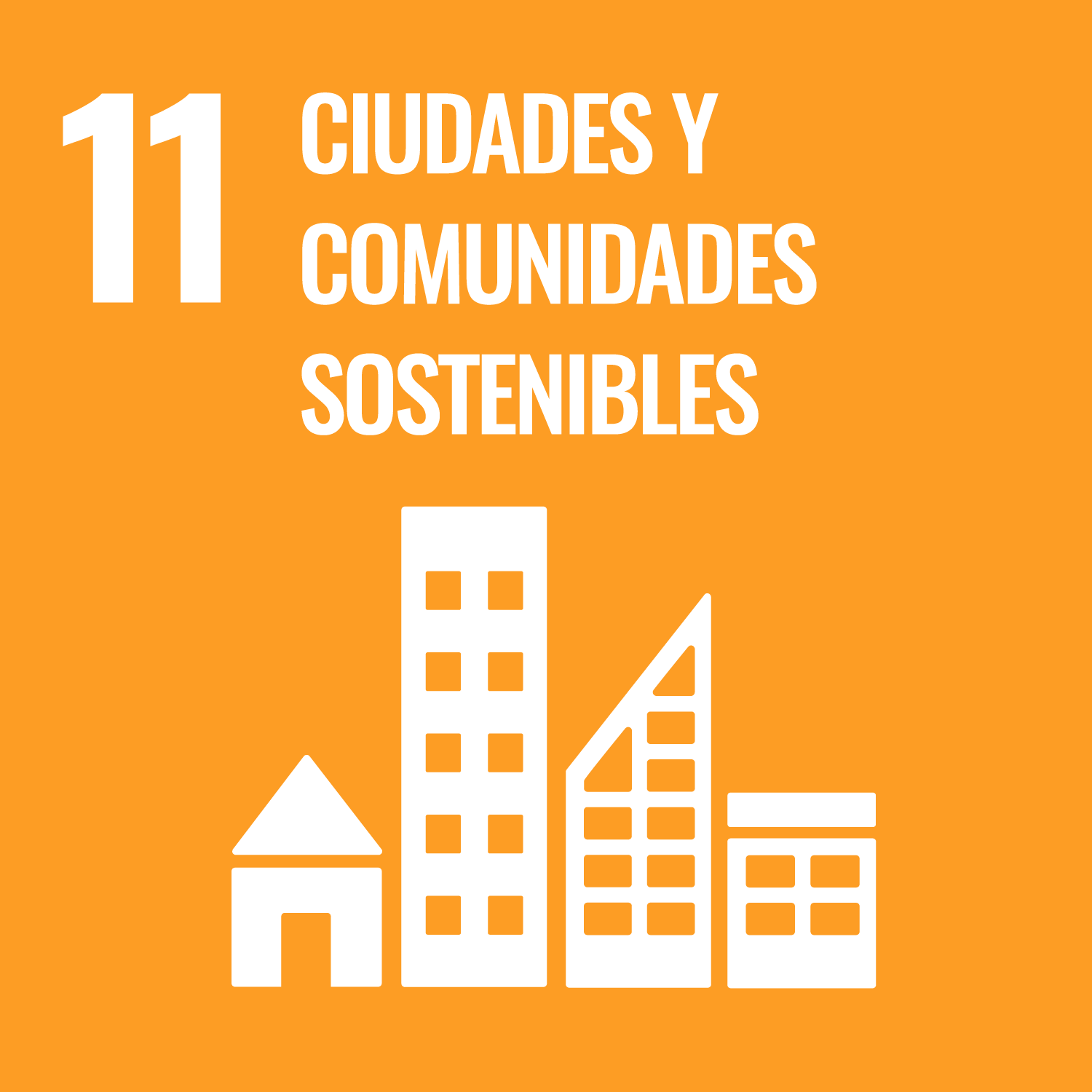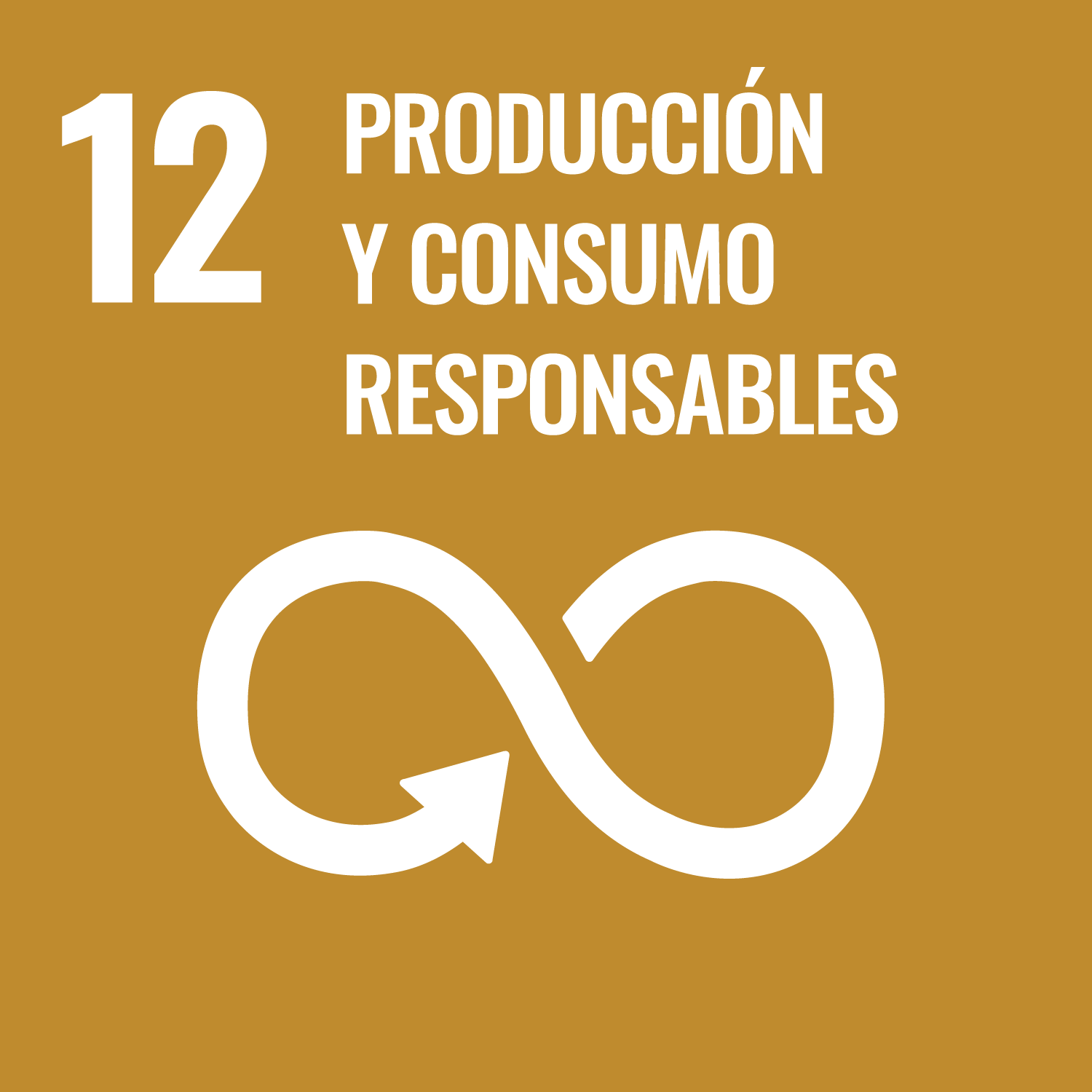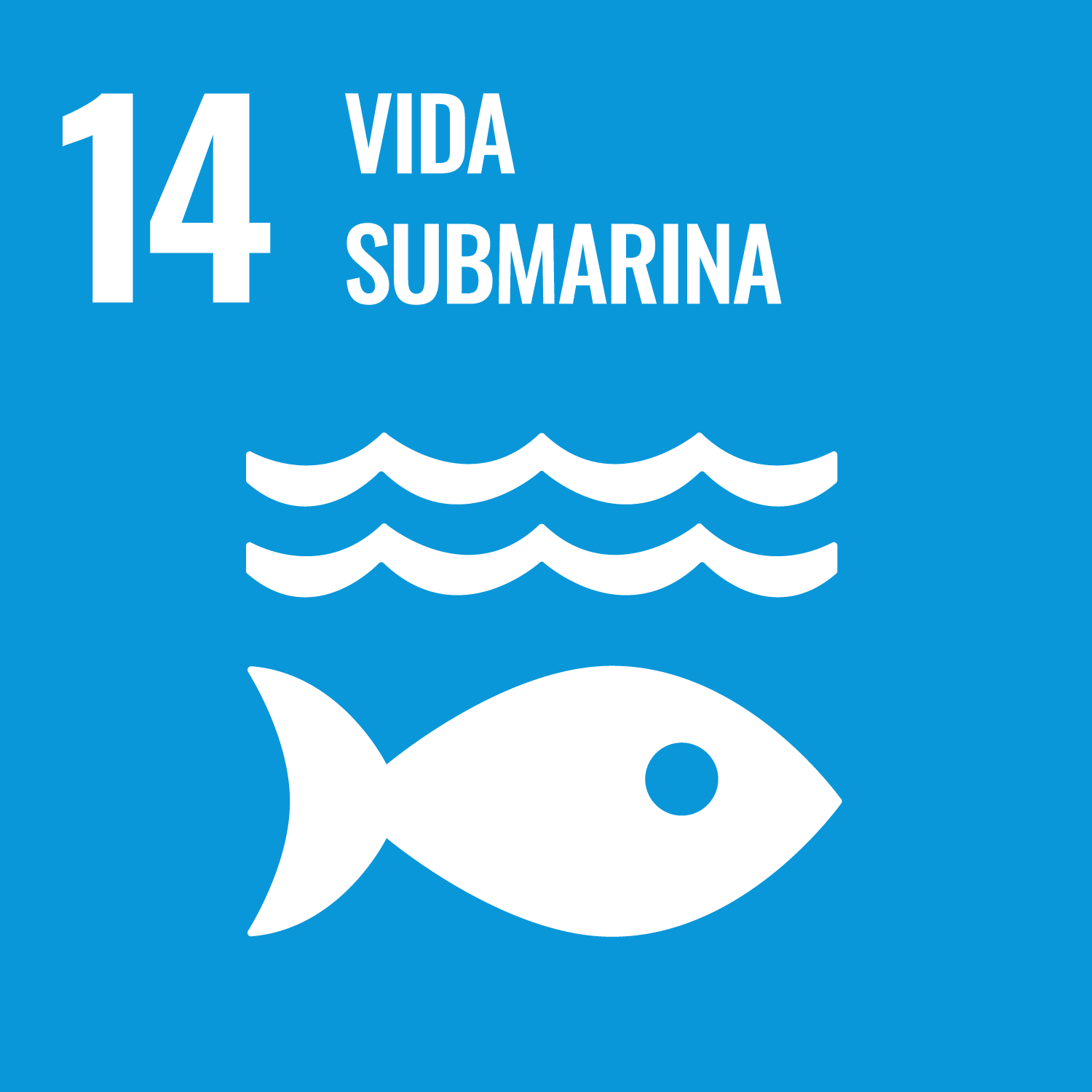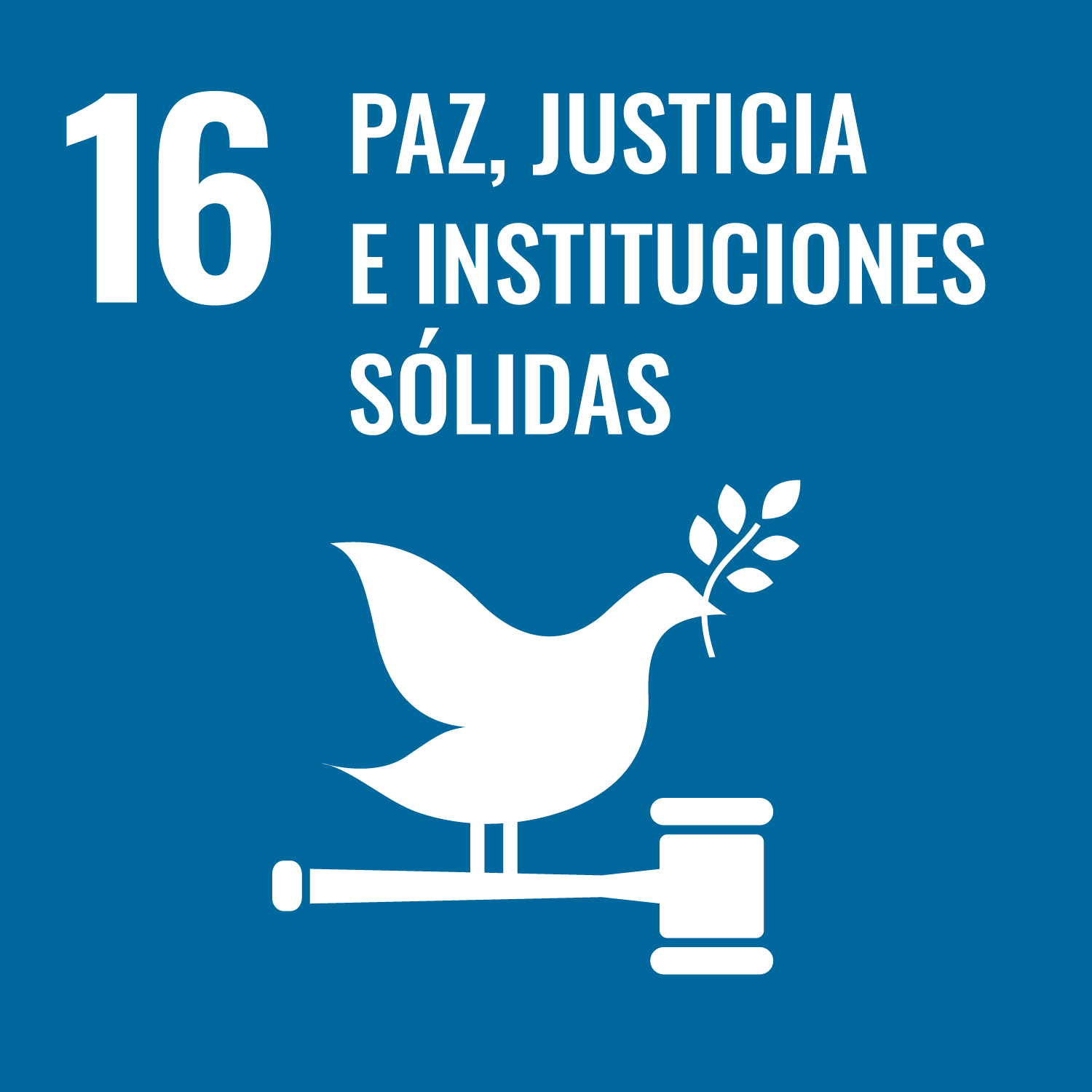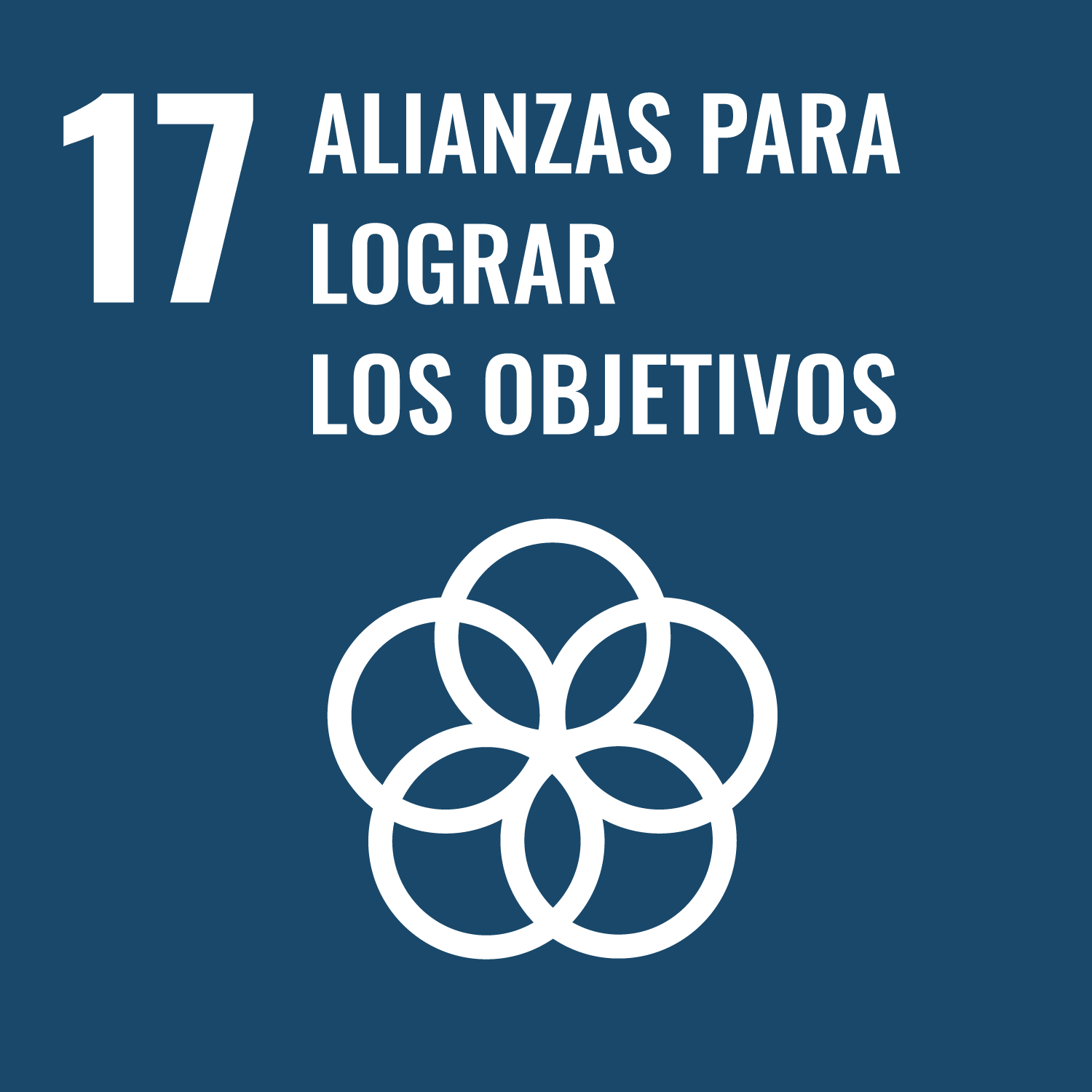Laziza (the name has been changed for privacy reasons) is an energetic woman, one of the best HR specialists and an important employee of her company, with 13 years of work experience and a mother of three wonderful children. You wouldn't think so to look at her but, like many working women, she has encountered serious obstacles in accessing her right to paid maternity leave, although employed with a formal labour contract.
Job search
Close to graduation from her master’s studies, Laziza started applying to various vacancies and taking job interviews. Since she was newly married, many organizations refused to hire her, expecting that she would have to take maternity leave soon after. In one organisation, she went through all recruitment stages, and in the end, she was asked to sign a declaration, committing herself not to take a leave for five years due to pregnancy and maternity.
“I could not make such a long-term commitment at that time, and rejected the offer,” Laziza recalls. At that time she did not realize that such an offer made by her potential employer represented a discriminatory practice.
First job and first child
After her studies, Laziza started teaching a foreign language in a public school. She enjoyed teaching and working with children. A year into her job, she realised that soon she would become a mother. Joy and excitement filled her in anticipation of the firstborn. However, unpleasant news awaited her at school. The school administration directly told Laziza that she could take official maternity leave, but she would not receive any maternity benefits. Having decided to defend her rights, Laziza entered into an unpleasant conflict with the school administration. In the end of the day, the employer agreed to hand over the money that they had received as maternity benefit from the public budget but decided to conceal from Laziza to use it for themselves.
“After the maternity leave, I could not return to that school, although I loved my job. Because of the attitude of the administration it was uncomfortable for me to work in that environment,” says Laziza.
“Common practice in the private sector”
After her second son's birth, Laziza decided to return to the labour market and found a job in a private company as an office manager. During the recruitment process, the management warned her that in that company, as elsewhere in the private sector, there is no practice of paying maternity benefits. She agreed because she liked her work and the team. After working for a couple of years at that company, Laziza was about to become a mother for the third time. This time, as agreed, she did not expect the company to pay her maternity benefit. The company terminated the employment contract with Laziza but promised that it would be renewed as soon as she decided to return to work.
“According to the current legislation, private companies must pay maternity benefits from their own budget. I understood that it was an additional financial burden for my company and I did not claim any payments. I was ready to return to work after 6 months after my daughter’s birth. The team warmly welcomed my return,” Laziza recalls.
During her third maternity leave, Laziza received social benefit for childcare (intended for families with low income), financed from the state budget and delivered by local self-government bodies/mahalla. This benefit, albeit a small one, allows to cover the cost of daily necessities.
Laziza's story is not unique. Many women in Uzbekistan face similar problems in their professional life. According to Laziza herself, many of her former university mates were unable to start their careers because of discrimination based on possible pregnancy. Others had to quit their job after childbirth. Only few had managed to combine career and motherhood.
Lack of access to maternity rights contributes to gender inequality at work, and income insecurity that is vital for maternal and child health. Conversely, maternity protection in the workplace gives women a chance to fulfill their professional potential and contribute to their families and society as a whole.
Comment by the Federation of Trade Unions of the Republic of Uzbekistan:
The lawyer of the Federation of Trade Unions confirms that Laziza’s story is very typical for today’s Uzbekistan, even though the country has ratified ILO Convention on Maternity Protection, 1952 (No 103) which enshrines the right of women employed in industrial undertakings, non-industrial, agricultural occupations and women wage earners at home, to maternity leave, medical and cash benefits. These benefits should be tailored to maintain the health of mother and child, as well as their living standards.
Comment by the National Gender Commission on Gender Equality under the Oliy Majlis of the Republic of Uzbekistan:
To prevent discrimination and unfair treatment like the one Laziza faced, the Commission has proposed amendments to Article 24 of the Law “On equal rights and opportunities for women and men”. “We believe the state must guarantee the right to maternity and paternity leave, and maternity benefits must be paid from the state budget”, stated the member of the Gender Equality Commission.
Improving the national legislation in line with international standards
With partnering UN Agencies, ILO, UNICEF and UNDP, the UN Joint Programme on Strengthening Social Protection in Uzbekistan supports the Government and social partners to increase their understanding of international social security standards for workers with family responsibilities, and their application into the national legislation, policy and practice. Maternity protection and paternity leaves are integral parts of these standards.
The first step towards realisation of the right to maternity protection in Uzbekistan would be to ensure effective access to women to health, maternity leave and cash benefits in line with provisions of Maternity Protection Convention, 1952 (No. 103) .
The National Gender Commission and the Ministry of Employment and Labour Relations in collaboration with the Ministry of Finance are already undertaking the next step – review of national legislation in line with up to date maternity protection standards, that is Maternity Protection Convention, 2000 (No.183) . These standards prohibit discrimination based on maternity: employers are not allowed to terminate the employment contract during pregnancy or maternity leave. Importantly, the scope of coverage with rights includes women in formal employment (both private and public sector) and women in non-standard forms of employment; while benefits are financed from worker’s and employer’s contributions as well as from general budget.
What is maternity protection? How does it contribute to SDGs? Why is it important for maternal and child health as well as for the development of nations? And finally, why does it matter for everyone? Check out this short VIDEO in the Uzbek and Russian language for answers.


